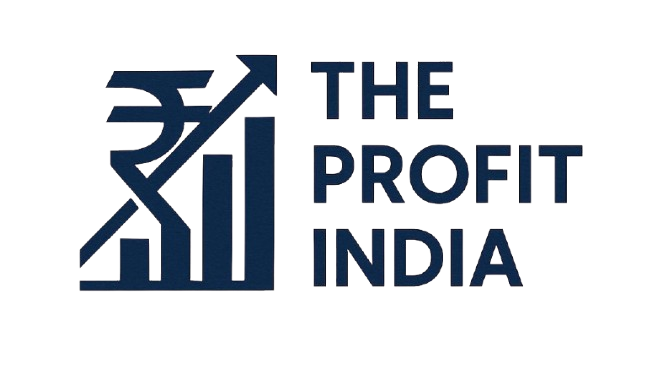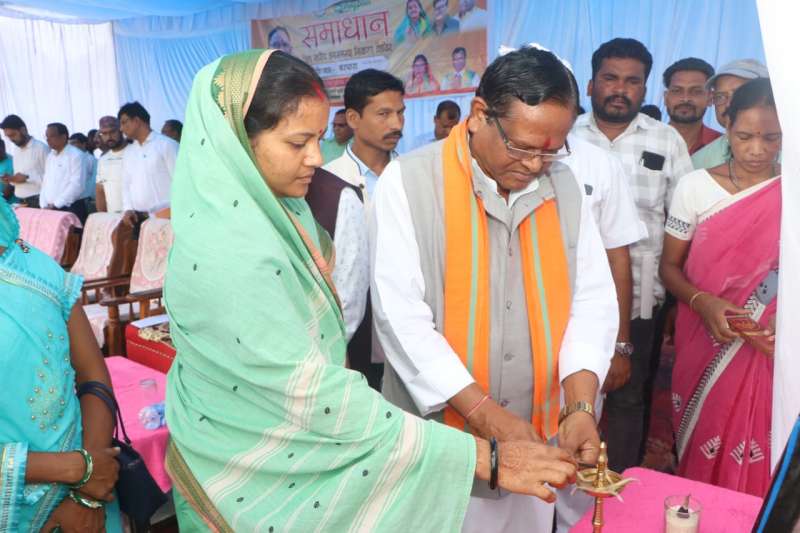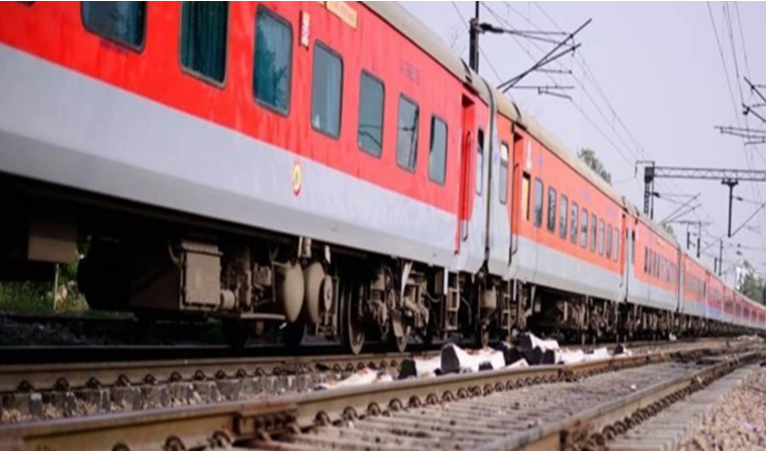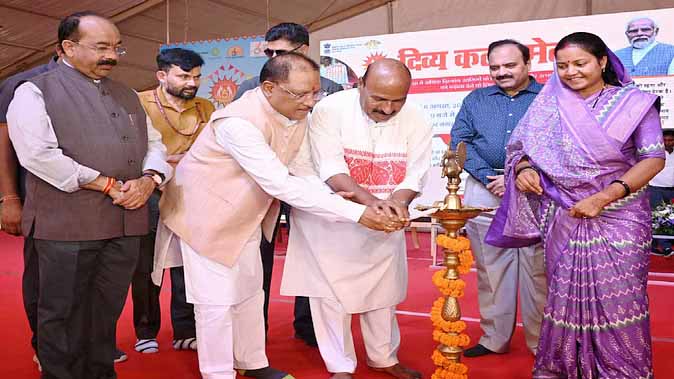IIT Graduates in Global Demand as US Blocks Talent, 8 Points
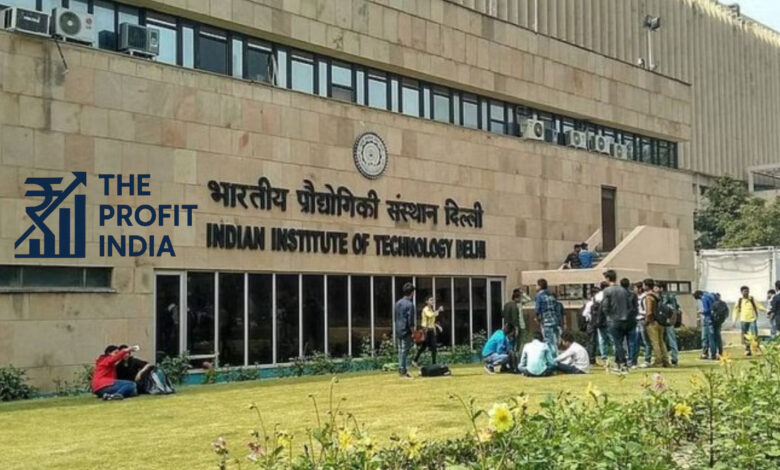
Delhi / New York
$100K Visa Fee Could Shift IIT Talent to Competing Economies
1. IIT Graduates: The World’s Most Wanted Talent
-
Indian Institutes of Technology (IITs) consistently produce world-class engineers, coders, and innovators.
-
Global companies and countries compete fiercely to attract this talent.
-
IIT graduates are valued for:
-
Cutting-edge technical skills
-
Entrepreneurial drive
-
Proven success in top US tech firms (Google, Microsoft, IBM, Apple, NVIDIA)
-
2. Yale Scholar Slams Trump’s Visa Fee Hike
-
Gautam Mukunda (Yale scholar) criticized Trump’s $100,000 H-1B visa fee.
-
He warned the US is “throwing away its biggest advantage” by making it harder to hire IIT talent.
-
Quote: “Every country in the world would kill to get the best IIT graduates. But America is throwing this asset away for no reason.”
3. Global Race for Indian Tech Talent
-
Canada, Europe, Australia, and Gulf nations already offer friendlier immigration policies.
-
With the US making visas expensive, these countries could benefit from IIT graduates who might otherwise head to Silicon Valley.
-
Even India’s own startup ecosystem is poised to absorb talent if US demand drops.
4. Financial Stakes of the H-1B Fee
-
$100,000 per visa adds huge hiring costs for companies.
-
US firms heavily depend on Indian professionals:
-
70–72% of H-1B visas go to Indians.
-
Indian-origin leaders head Google, Microsoft, IBM.
-
6% of US doctors are of Indian origin.
-
-
Risk: Talent shifts to competing economies, slowing US innovation.
5. Business Leaders vs. Policy
-
US corporate giants (Microsoft, Apple, NVIDIA, etc.) thrive on IITian hires.
-
Business leaders reportedly disapprove of the hike but fear openly opposing Trump.
-
Critics say the move is more of a political tactic than economic reform.
6. Social Media Highlights the Irony
-
Users on X (Twitter) point out:
-
US benefits from India’s education investment, then blocks access to talent.
-
Others note that trillion-dollar firms will still pay premiums for IIT graduates, even with the fee hike.
-
7. H-1B Visa: A Quick Look
-
Purpose: lets US companies hire specialized foreign professionals.
-
Fields: tech, engineering, finance, healthcare.
-
Tenure: 3 years, extendable to 6 years.
-
Quota: 85,000 visas annually
-
65,000 general applicants.
-
20,000 reserved for advanced US degree holders.
-
📊 Key Data Table – IITians and H-1B Dependence
| Metric | Data/Impact |
|---|---|
| New H-1B Visa Fee | $100,000 |
| Annual H-1B Quota | 85,000 visas |
| Indian Share of H-1B Visas | 70–72% |
| Indian Doctors in US Workforce | ~6% |
| US Firms Led by Indian-origin CEOs | Google, Microsoft, IBM |
| Max Visa Duration | 6 years |
8. Why IIT Demand Will Stay High
-
US policy may discourage applications, but global demand remains strong.
-
IIT graduates have options in:
-
Canada’s open immigration system
-
Europe’s tech hubs
-
India’s booming startup sector (valued at $150B+)
-
-
Result: The competition for IIT talent will intensify globally, even if the US loses ground.
🔎 Conclusion
-
By imposing a $100,000 H-1B visa fee, the US risks pushing IIT graduates into the arms of global competitors.
-
While American firms depend heavily on Indian talent, other nations are ready to welcome IITians with open arms.
-
For IIT graduates, the world remains full of opportunities — and for the US, the stakes are innovation, growth, and global competitiveness.
📌 Disclaimer – The Profit India
This article is for informational purposes only. The Profit India does not provide immigration, legal, or financial advice. All views are based on reported facts, expert commentary, and public discussions.
Do you want me to also prepare 3–4 catchy SEO headlines with numbers/financial focus (like “$100,000 Fee May Push IIT Talent to Canada, Europe”)?
